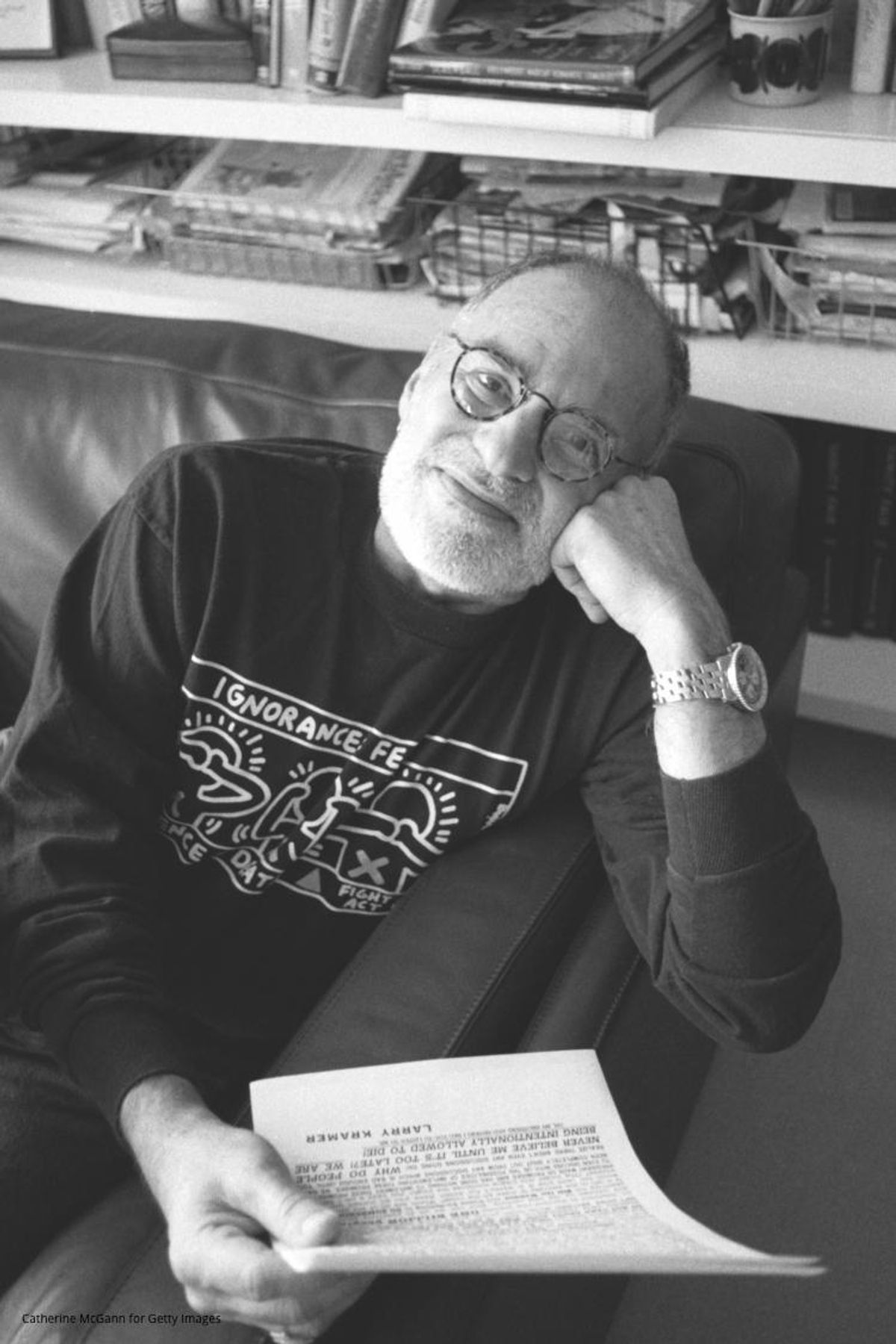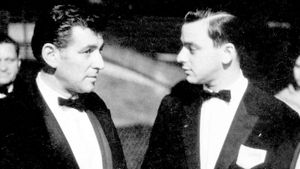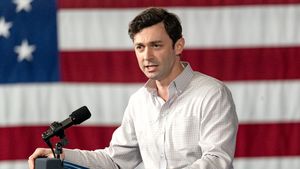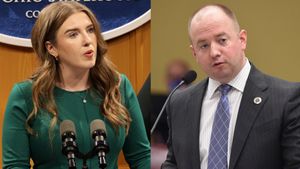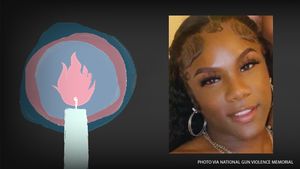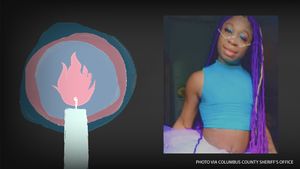It's impossible to overstate the importance and impact of Larry Kramer in the LGBTQ+ community. His years of tireless advocacy, organization, and, yes, acrimony, effected changes in our collective landscape that we are all the beneficiaries of today. From being one of the founding members of Gay Men's Health Crisis to starting ACT UP, which has been responsible for the development and release of almost every lifesaving treatment for HIV/AIDS, Larry truly changed the world.
Larry, who died in May, was a pioneer in our march toward equal rights, and I believe we would all be at a different place today if it weren't for him. To see his fire on full display, I highly recommend the documentary How to Survive a Plague.
It was through his art as a playwright that what I love so dearly about Larry came to the forefront: his passionate, beautiful, open heart. Born in 1935 Bridgeport, Connecticut, to what he called "the generation psychoanalysts tried to change," Larry attended Yale and began his career working in film/. By 1971 he was nominated for an Oscar for the screenplay for Women in Love.
While his 1978 novel, F****ts, made him a polarizing figure in the gay community, it was in the theater that Larry found his true voice. He wrote with the urgency and political perspective of Bernard Shaw and Bertolt Brecht. He wrote plays that made a difference, that changed hearts and minds, that catalyzed our community and our allies. His writing is urgent, economical, and grounded in reality, rarely using metaphor. It doesn't allow the audience to look away. And though his greatest works were largely autobiographical, they could never be described as solipsistic: They were for the greater good of all of us.
Though Larry doubted whether one could be both an artist and an activist, he most assuredly was. I'll never forget reading The Normal Heart and The Destiny of Me as a teenager in Texas, and being awakened to all that was going on in the world around me. Because of Larry, I realized that "I belong to a culture that includes Proust, Henry James, Tchaikovsky, Cole Porter, Plato, Socrates, Aristotle," among others. The warnings and clarion calls were tempered with pride and self-acceptance.
By the time I met Larry, I saw little of the firebrand I was expecting. There he was, in his uniform of overalls with a cardigan over a shirt. Still an artist on fire, he was surrounded with thousands of pages of his current writing, workshopping a reading of one of his plays, and completely dedicated to his amazing husband, David Webster.
There were books everywhere -- books that had been read and absorbed, books with broken backs. In my experience, he was a dream collaborator, quietly confident and trusting of the artists tasked with bringing The Normal Heart to the screen. He, like The Boys in the Band playwright Mart Crowley, knew that the effectiveness of what he had written would transcend interpretation. One of the highlights of my professional life was seeing Larry and Mart, who we also sadly lost this year, reunite at the 2018 Broadway opening of The Boys in the Band. Larry was as passionate as a man could be and of course had opinions about everything. He was also very funny. But mostly I remember sitting before him like a welcome disciple and laughing as he, ever curious about life, asked me questions while we both ate the cupcakes I had brought for him. He was the rebel who taught me how to save my own life and the wise uncle who was curious about and loving toward the life he saved.
I will always love you, Larry Kramer. As an artist and as an activist. We are so grateful to you for fighting the good fight for us all. Thank you for your refusal to be silent or polite. Thank you for your rage. Thank you for teaching us how to be resilient.
Like all great artists, Larry lives on forever in his work -- the personal and the political, the tragedy and the triumph, the individual and all of us collectively. Underneath the words, however, will always be his beautiful, inexhaustible heart.
I'll leave you with a quote from Mr. Kramer. I find that his words are especially true for us all in 2020: "Life doesn't make sense. But change does. And there is no change without tenacity. And change is usually very hard, with precious few gratifications along the way to encourage you to carry on. And some change is good. And necessary. And some change must not be allowed."
Matt Bomer is an actor, activist, husband, and father. Follow him on Instagram: @mattbomer.
This piece was originally published in this year's Out100 issue, out on newstands today. The issue has four cover stars: Janelle Monae, Wilson Cruz, Joe Mantello, and Janaya Khan. To get your own copy directly, support queer media and subscribe -- or download yours for Amazon, Kindle, Nook, or Apple News +. The first-ever Out100 Symposium, titled "How Do We Come Back From This" was hosted by Janaya Khan. Watch the first-ever Out100 Virtual Honoree Induction Ceremony on the Out100 Live landing page.
